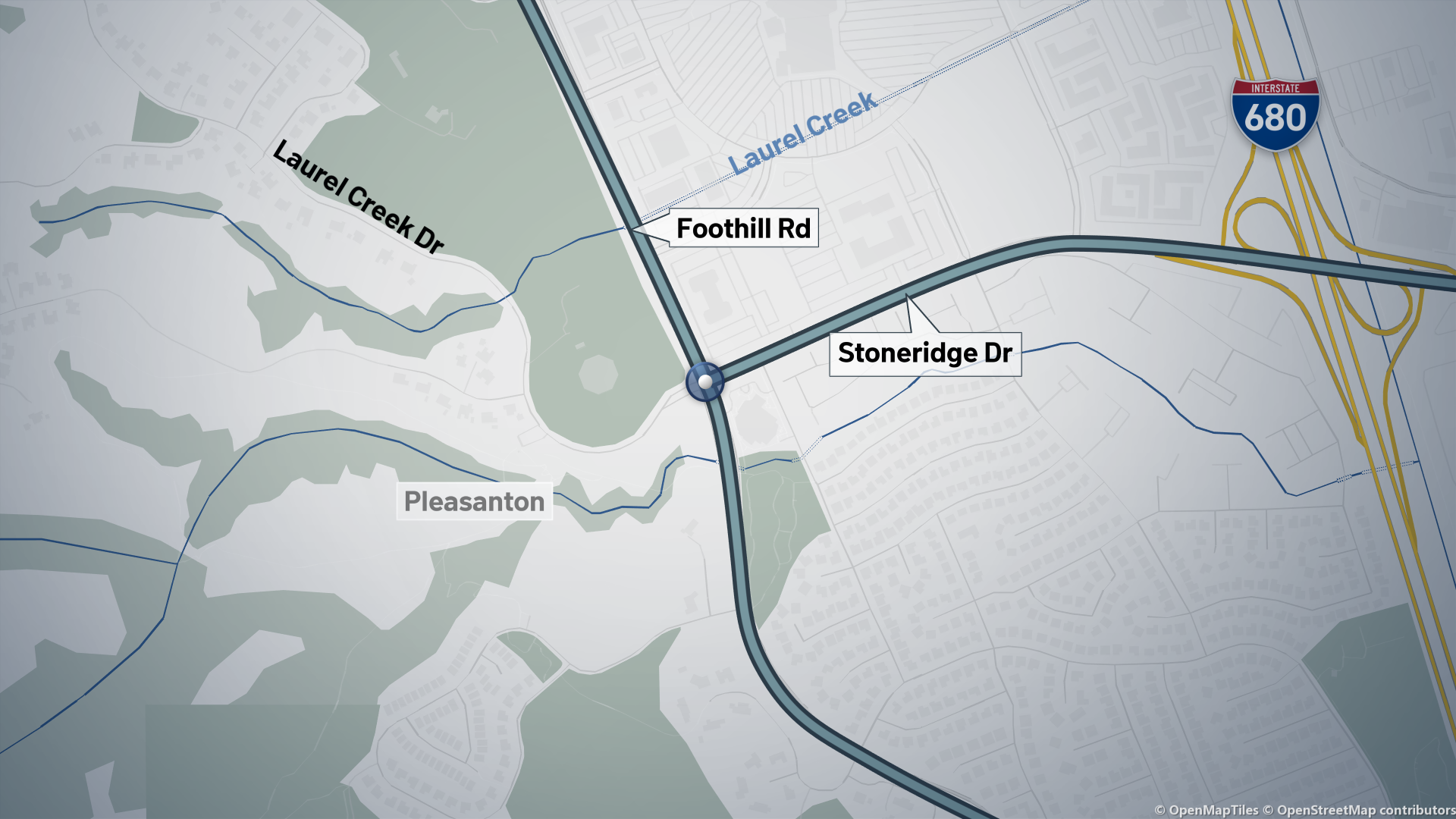The city of Oakland sued Wells Fargo Tuesday alleging the bank preyed on minority clients in mortgage lending, offering worse terms than white clients with the same economic standing.
The practice led to disproportionate foreclosures in minority neighborhoods in Oakland, costing the city millions in tax revenue from reduced property values surrounding foreclosed homes and in providing civil services to those properties.
City attorney Barbara Parker is suing the bank for alleged violations of the Fair Housing Act of 1968 and seeking unspecified damages.
"While Wells purports to be a good corporate and community citizen, the reality is exactly the opposite," city officials wrote in the suit. "The Bank was putting its financial interests ahead of its customers and the City of Oakland in order to maximize profits."
The suit cites several former Wells Fargo employees acting as confidential witnesses in the complaint.
One of the employees worked at the Fruitvale branch of the bank and, according to the suit, saw the bank aggressively target minority customers with worse loan terms than they were eligible for without discussing the potential downsides of such loans.
Other former employees said the bank signed minority customers up for adjustable rate loans at a higher rate than white borrowers, infrequently offering 30-year fixed rate mortgages. Minority borrowers often complained that they had obtained an adjustable rate loan that they had believed was fixed rate, according to the suit.
Local
The bank's computer system would profile customers and instruct bank employees to offer them products based on that profiling, including mortgages, according to the suit.
A city analysis of Wells Fargo lending from 2004-2013 showed that similarly situated minority customers were more than twice as likely to receive a predatory loan than white customers. The findings applied even for borrowers with high credit scores.
Borrowers living in predominantly minority neighborhoods were even more likely to receive worse loan terms than customers living in predominantly white neighborhoods. Those in minority neighborhoods were three times more likely to receive a loan with predatory terms, according to the
city analysis.
Those neighborhoods also see the most foreclosures. The city found over 14 percent of Wells Fargo loans in Oakland's minority neighborhoods resulted in foreclosure, compared to only 3.3 percent in white neighborhoods.
The bank could have easily caught the discrepancy, according to the city's suit. Wells Fargo's sophisticated analytic technology and access to data should have been able to catch that they were offering an improperly expensive loan.
Wells Fargo spokesman Ruben Pulido said in a statement that the bank will defend itself against the accusations and "will continue to focus on helping customers in Oakland and its surrounding communities succeed financially."
"The City Attorney's accusations against Wells Fargo do not reflect how we operate in the communities where we do business and it's disappointing that she has chosen this course of action over a collaborative approach to helping borrowers and home owners in Oakland," Pulido said.
The city's standing in bringing the suit remains an open legal question, but the city attorney's officials said they were encouraged by a recent federal appeals court decision allowing a similar lawsuit brought by the city of Miami against Bank of America.
The city has suffered direct economic injury through Wells Fargo's business practices, including a loss of tax revenue due to reduced property values in areas surrounding foreclosed homes, according to the suit.
The loss of tax revenue from the onset of the 2008 recession led directly to city employee layoffs, including 80 police officers in 2010.
Furthermore, the city has had to respond with civil services to Wells Fargo-owned foreclosed properties, including for vagrancy, crime and fires there as well as dealing with overgrown vegetation, removing trash and boarding vacant properties, according to the city attorney's office.
The city is speaking unspecified reimbursement for the lost revenue as well as punitive damages for the practices, which the city alleges are continuing.
"Wells Fargo's discriminatory conduct devastated individuals and communities, increasing poverty and wiping out or drastically reducing wealth for minority communities while bankers prospered," Parker said in a statement. "We will not tolerate this activity and we are working with other municipalities to stop this unconscionable behavior."



